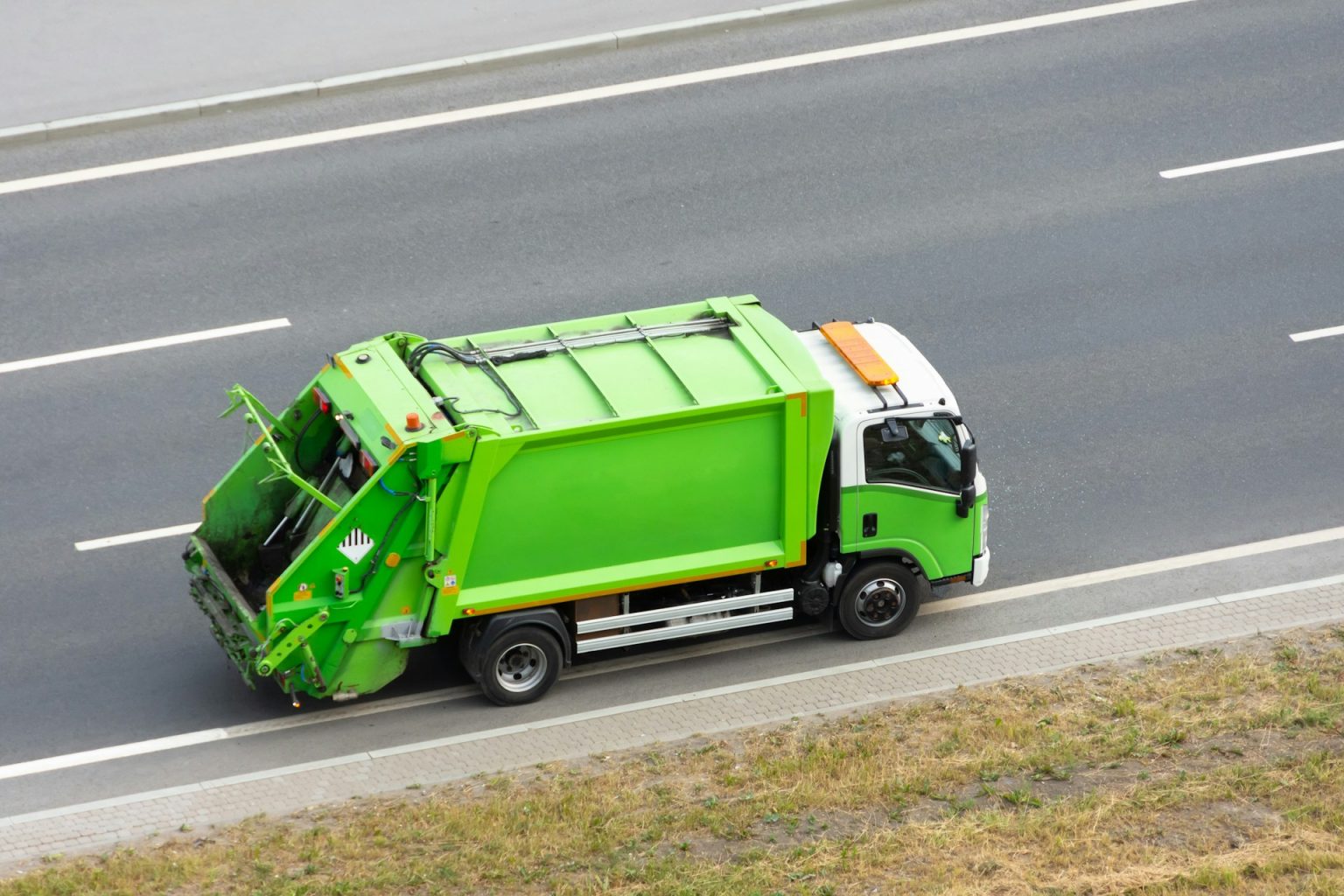Waste material in huge amounts is produced daily. If not disposed of correctly, it will negatively impact the environment and lead to health issues.
Waste disposal is not just about dumping the waste. It’s about managing it in safer and eco-friendly methods. Ways such as responsible collection, recycling, and disposal help protect our nature and improve the conditions of life. That’s why working with reliable waste collectors is key to keeping our environment clean and communities healthy.
In this blog, we’ll learn about the importance of waste management. This Understanding can help us take better steps to handle waste responsibly.
What is Waste Management?
In waste management, the waste material is managed responsibly. Its main goal is to protect and conserve the environment. It includes activities like:
- Collection of garbage from homes, offices, and industries.
- Recycling the materials to reduce waste.
- Make the soil rich in nutrients, and compost the organic waste.
- Disposing of waste materials to prevent pollution.
Importance of Waste Management
1. Environmental Protection
Effective waste management makes our environment clean by:
- Reducing soil, water, and air pollution
- Protecting the ecosystem from harmful chemicals.
2. Conservation of Resources
It conserves natural resources by:
- Reusing material rather than using new raw resources.
- Saving forests, minerals, and water through sustainable use of resources.
3. Energy Savings
Waste management also saves energy:
- Recycling consumes much less energy than creating new products.
- Certain waste is converted to energy, saving us from harmful emissions from fossil fuels.
4. Greenhouse Gas Reduction
- Reduces landfill methane emissions properly.
- Environmental protection by reusing organic waste
5. Health and Safety
- Decreases disease spread from waste.
- Makes workers and communities safer.
6. Maintaining Quality of Life
- Makes daily life better by maintaining cleaner public areas and streets.
- Makes cities hygienic and more appealing.
7. Economic Benefits
- Better a job opportunity in recycling and waste collection centres.
- Reduces costs for landfill use and cleanups.
8. Following Waste Rules
- Helps businesses to obey waste disposal laws.
- It prevents heavy fines and penalties.
9. Supports Sustainable Development
- Saves resources for the future.
- Meets global objectives for a cleaner, sustainable future.
10. Promotes a Circular Economy
It focuses on reusing, recycling, and making products that last longer, instead of following the old “use and throw away” system.
Why It Matters
Managing waste responsibly does more than just keep areas clean. It creates a number of benefits for people and the environment, some of which are as follows:
Healthier Living
Proper waste care keeps our surroundings clean. Less rubbish lying around means cleaner air and safer streets.
Strengthened Local Economies
Recycling or processing of waste creates an opportunity for employment in collection facilities, recycling factories, and logistics.
Conservation of Natural Resources
Each item of properly managed waste translates into less raw material being required, which serves to save forests, water, and minerals for future use.
Reduced Costs for Councils
Effective waste management saves landfill space and cleanup costs, releasing money that councils can put into community projects, roads, and public services.
Conclusion
Waste management makes communities clean and secure. It reduces waste in landfills, reduces toxic emissions, and also improves living conditions. Taking care of waste responsibly also supports better living conditions for the next generation.
If you need any help with waste management, contact professionals. To make this process easier and more effective, services like Waste Collectors London do a significant job by safely collecting and disposing of waste.



